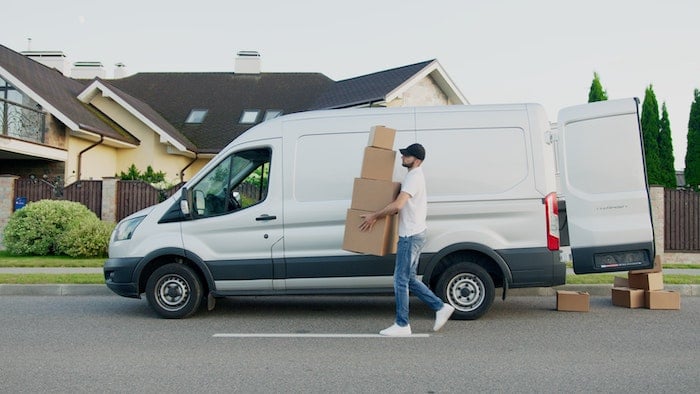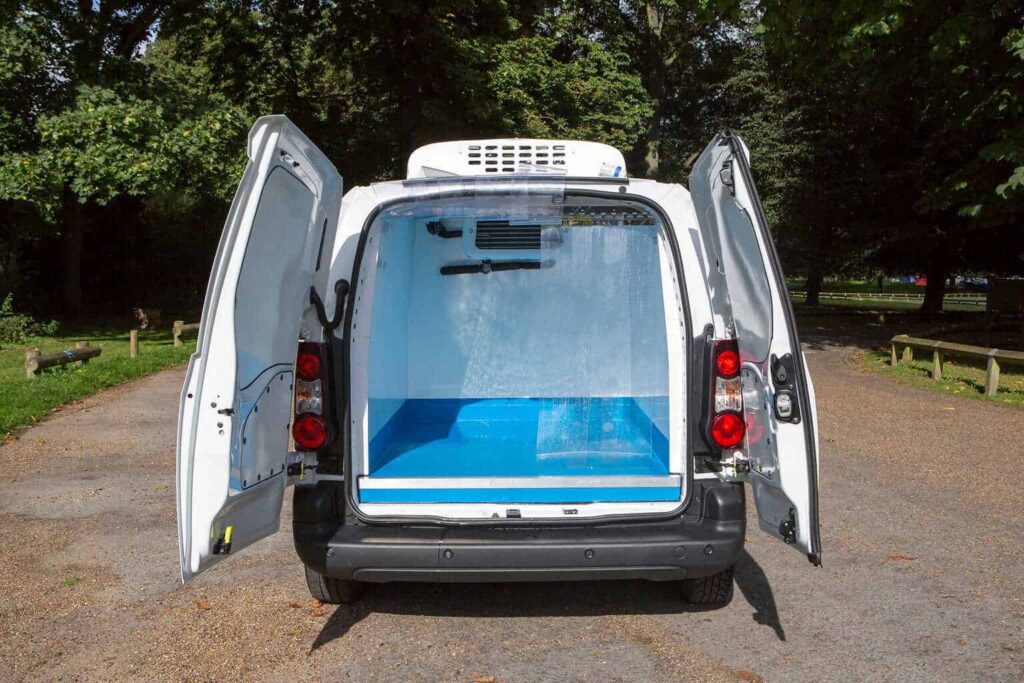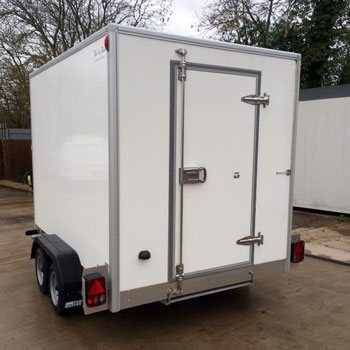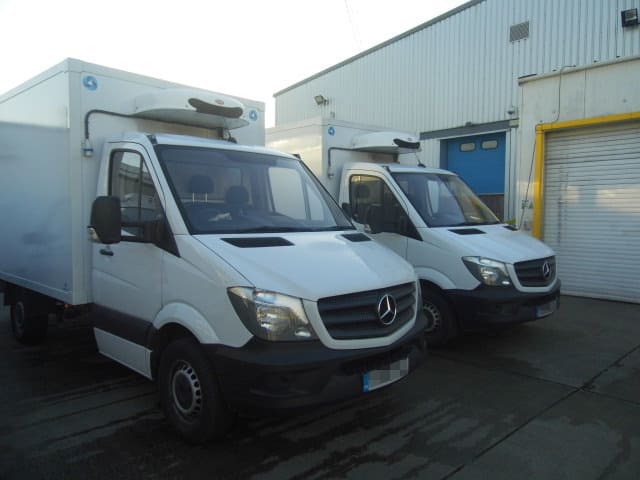In the last few months, you may have seen a fair bit of commotion around delivery drivers. But are delivery drivers still needed in the UK or has the shortage reversed itself? We’ll explore the cause for the demand, what type of drivers are needed and if it’s a good career choice in this 7-minute read.
1. Why is the demand for delivery drivers high?
According to CoventryLive, “A big increase in online shopping saw more demand for delivery drivers for online retailers, parcel couriers, supermarkets and takeaway delivery services. Research from the jobs site Indeed Flex found that the number of temporary drivers available for work in June was 28.8% down on March numbers.” So, that means that delivery drivers are still needed in the UK. This is because a lot of the people who took on delivery work during the pandemic have returned to the jobs they were doing before it began. This has left a gap in the market where anyone looking to become a delivery driver might find quick work.
2. What type of drivers are in demand?
There’s still a huge demand for panel vans and private delivery drivers. UberEats, JustEat, Deliveroo, Amazon and more are in desperate need of people willing to work flexible hours as independent contractors. And, according to SNAP, “There is a shortage of 76,000 HGV drivers in the UK, according to a report from ITV in 2020. This figure had grown from 59,000 in 2019 – showing the ever-growing demand for qualified truck drivers, who are desperately needed to keep goods moving across the UK and Europe. The Freight Transport Association (FTA) published a report that stated, “64% of transport and storage businesses now face severe skills shortages.” Another report predicts that the trucker shortage could grow to 257,000 drivers by 2022.” So if you have your HGV licence, there’s a huge gap in the market for your talents as well.
3. Do delivery drivers make good money UK?
According to Talent.com, “The average delivery driver salary in the United Kingdom is £22,425 per year or £11.50 per hour. Entry-level positions start at £18,601 per year while most experienced workers make up to £33,150 per year.” But if you have an HGV licence, you could make upwards of £60k a year as shipping firms desperately try to secure talent in a marketplace with not enough driver supply.
4. How do I become a delivery driver UK?
If you’re renting a delivery van or using your own private vehicle, then you don’t need much in the way of qualifications. You need a clean driving licence and good insurance to protect your livelihood. It’s also a good idea to invest in a competent GPS system to help you get around quickly. You’ll need some soft skills too. Things like good communication, time management and people skills can be valuable in your day to day deliveries. If you’re going to become an HGV driver, then you will want to take driving courses and sit your test. Once you pass, you can apply for the many roles available for HGV drivers. Oh, and it goes without saying that if you apply to be a driver, you need to like driving. A lot.
5. Should you rent or buy a van?
Deciding to rent or buy your van is a largely personal decision based on your circumstances. If you’ve never driven professionally before and don’t know how much you’ll enjoy the work, it’s best to not take on any hard costs. If you just rent your refrigerated truck or van, then you’ll have a lower initial outlay. If you find out the hours or routes aren’t for you, there are fewer sunk costs. You’ll also not need to worry about repairs or roadside assistance. These expenses can add up on an owned vehicle. When renting a delivery van expect short term hire rates of £375.00 + VAT per week or long term hire rates of £950 + VAT per month depending on the mileage and the specifications of your exact van.
6. Is being a delivery driver a hard job?
While being a delivery driver isn’t a hard job in the physical sense, it can be taxing in some ways. According to a BlueArrow driver, “Other drivers’ behaviour and the actual roads themselves. It can be difficult to find parking space and there are so many things like road restrictions and speed cameras that can catch you out in a town or a city. When you are driving in the big cities you have to be so aware of people, drivers, restrictions and cameras can be mentally draining and it can test your patience. You just have to focus on what you are doing, stay alert and keep calm.” You’ll also need to be comfortable with flexible earnings and hours if you’re not working for a firm directly. As a freelance driver, your payments will be very high some months (like around Christmas) and pretty low other months depending on demand.
7. What equipment do delivery drivers need?
First, you’ll need some basic things like a van, GPS, charger, professional clothes, food and water. But then you might want some extra gear like a torch, tools, road triangle, spare tyre, jumper cables, cold weather gear, snow chains, hi-vis, fuel can, de-icer, spare van battery and a physical road map. The Delivery Driver suggests, “Include contact details for your family, important business contacts, insurance provider, breakdown cover provider and a towing company. It is also worth having a printed copy of your insurance and breakdown policies to refer to if necessary.” This is important if something happens and your phone is dead or broken.
Overall, becoming a delivery driver in the UK is still a good option. Delivery drivers are still in demand and that doesn’t seem to be slowing down any time soon. If you’d like to kickstart your new career and talk about renting the right van for your operation, let’s talk.




